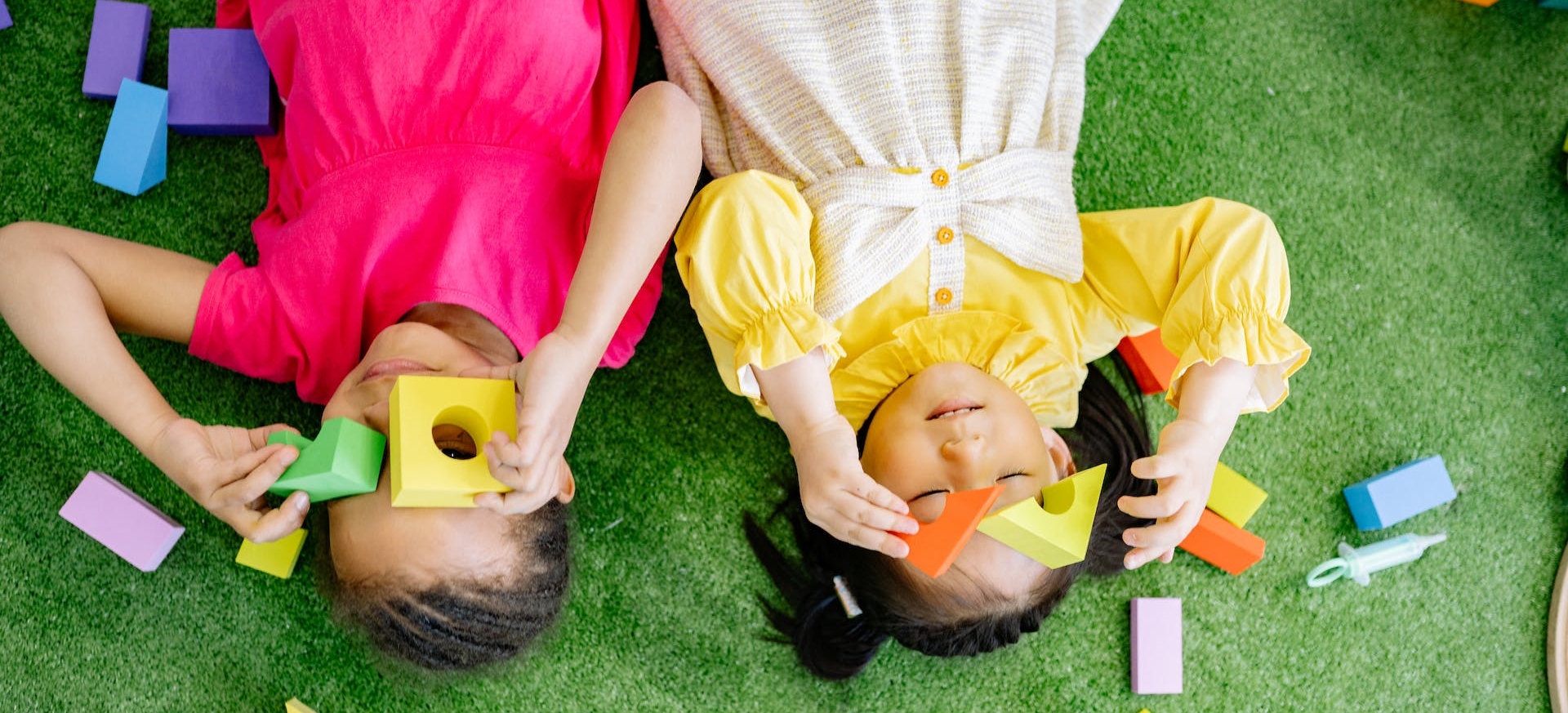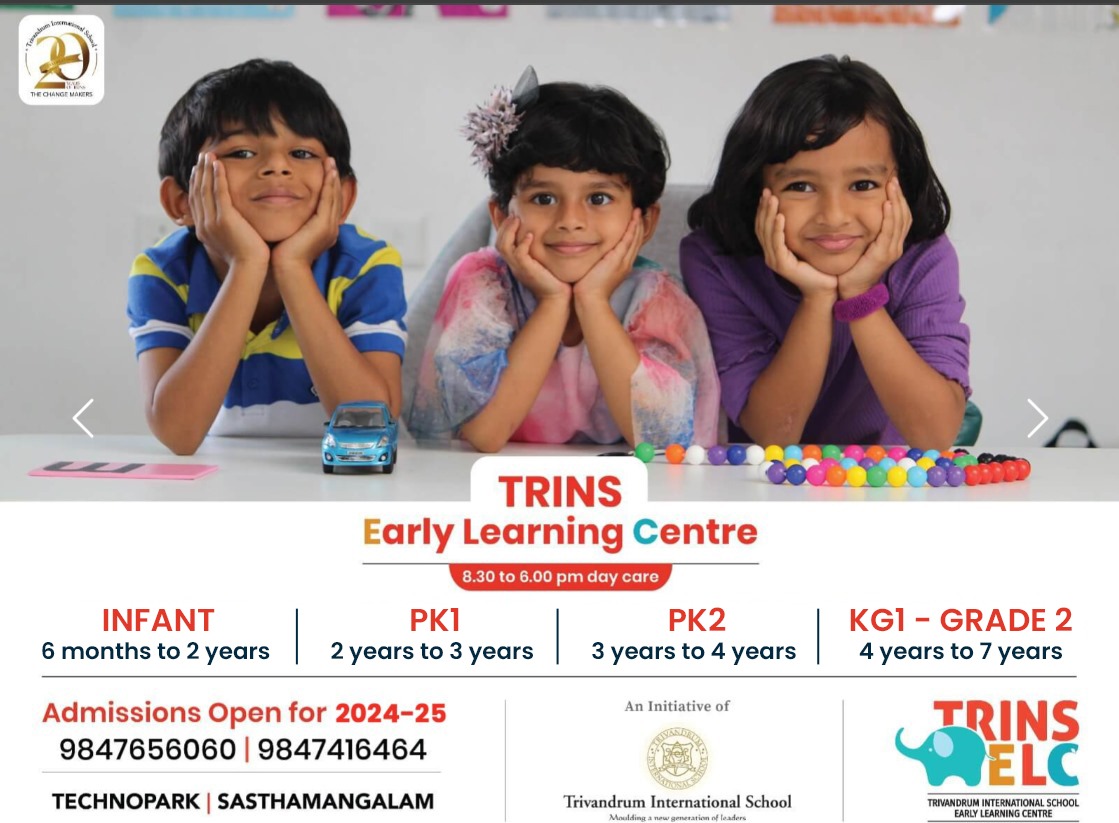


The Importance of Play in Kindergarten Education

Play is an integral part of kindergarten education, providing a robust platform for young learners to explore, discover, and develop various skills. In the vibrant world of kindergarten, play is not just recreation but a vital educational tool that shapes a child's physical, social, emotional, and cognitive development. This article delves into why play is essential in the early years of schooling, especially in kindergarten.
Cognitive Development Through Play
-
Enhancing Learning Abilities: Play stimulates a child's imagination, encouraging creative problem-solving and adaptive learning.
-
Language Skills: Through interactive play, children develop their language skills, learning new words and ways to express themselves.
-
Conceptual Understanding: Hands-on play activities help children grasp basic concepts in mathematics, science, and environmental studies.
Physical Development Benefits
-
Motor Skills: Activities like running, jumping, and climbing enhance gross motor skills, while drawing and crafting improve fine motor skills.
-
Health and Fitness: Regular play keeps children physically active, promoting overall health and fitness.
-
Hand-Eye Coordination: Games that require aiming and building help develop hand-eye coordination.
Social and Emotional Growth
-
Social Skills: Play fosters teamwork, sharing, and cooperation among children.
-
Emotional Intelligence: Children learn to manage emotions, develop empathy, and understand social cues through play.
-
Confidence and Self-Esteem: Overcoming challenges in play scenarios builds confidence and a sense of accomplishment.
The Role of Play in Creativity and Imagination
-
Fostering Creativity: Play encourages children to use their imagination, leading to creative thinking and innovation.
-
Storytelling and Role Play: Engaging in storytelling and role play enhances creativity and helps children understand different perspectives.
Structured vs. Unstructured Play
-
Structured Play: Guided play led by educators can introduce new concepts and reinforce learning in a structured environment.
-
Unstructured Play: Free play allows children to explore and learn at their own pace, fostering independence and decision-making skills.
Balancing Play and Academics in Kindergarten
-
Integrating Curriculum with Play: Effective kindergarten programs integrate play with academic learning, ensuring a holistic approach.
-
Time Allocation: Balancing the time spent on play and structured learning activities is crucial for a well-rounded education.
Challenges and Solutions
-
Overemphasis on Academics: In some settings, the focus might shift predominantly towards academics, underestimating the value of play.
-
Solution: Educators and parents need to advocate for a balanced curriculum that values play as much as academics.
-
-
Limited Resources: Some kindergartens may face challenges in providing diverse and engaging play materials.
-
Solution: Utilizing everyday materials creatively can enhance play experiences without significant expense.
-
Play is a powerful and necessary component of kindergarten education. It is through play that children learn to make sense of the world, develop essential skills, and form the foundation of lifelong learning. Balancing play with academics in kindergarten programs is not just beneficial but crucial for the holistic development of young learners. Embracing play in education paves the way for nurturing curious, confident, and well-rounded individuals.





